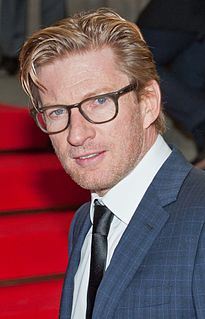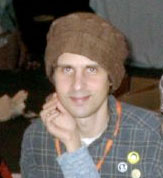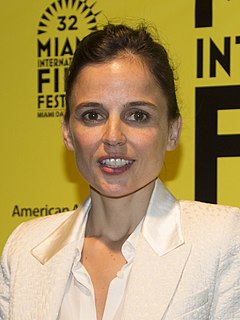A Quote by Stuart Franklin
Environmentalism is a personal thing - but it's also a planetary thing. It's about making deep connections. But it's also about recognizing the very human connection between species diversification and ourselves.
Related Quotes
The contrasting focus on connection versus hierarchy also sheds light on innumerable adult conversations - and frustrations. Say a woman tells another about a personal problem and hears in response, 'I know how you feel' or 'the same thing happens to me.' The resulting 'troubles talk' reinforces the connection between them.
In a large congregation, while there is a wide diversification of interest, it is also true that there are only a few basic human problems. It must also be taken into consideration that people are people regardless of who they are or what their backgrounds may be. There are certain deep universal appeals to human interest and to these human nature always responds.
If I had a worldview, and I don't know if I do, but if I did, it's one that's intensely humanistic. [That worldview] is that the only thing that matters is family and personal connection, and that's the only thing that gives life meaning. Religion and gods and beliefs - for me, it all comes down to your brother. And your brother might be the brother in your family, or it might be the guy next to you in the foxhole, it's about human connections.
It's what is strange about doing a job that is also the thing you love, the thing you feel passionate about. People get to the point where they're burned out and disillusioned by the whole thing because when things aren't going well at work it also means they aren't going well in your heart, in your soul. They're all wrapped up together.
A hidden nerve is what every writer is ultimately about. It's what all writers wish to uncover when writing about themselves in this age of the personal memoir. And yet it's also the first thing every writer learns to sidestep, to disguise, as though this nerve were a deep and shameful secret that needs to be swathed in many sheaths.
Virtue also depends on ourselves. And so also does vice. For where we are free to act we are also free to refrain from acting, and where we are able to say No we are also able to say Yes; if therefore we are responsible for doing a thing when to do it right, we are also responsible for not doing it when not to do it is wrong, and if we are responsible for rightly not doing a thing, we are also responsible for wrongly doing it.




































